6, July 2020
Southern Cameroons Crisis: Can the Government come down its high horse? 0
The news that Southern Cameroonian leaders met with officials of the Yaounde government in the presence of certain ambassadors brought a lot of happiness to many across the world and this news has been on many lips, especially among Cameroonians, who have been hankering for peace for close to four years.
Over the last four years, Cameroon has been in the spotlight for all the wrong reasons. The Southern Cameroons crisis has left the Yaounde government with a bloodshot eye and it has hit the country’s economy like a of ton bricks. Almost all state corporations in Southern Cameroons have been put out of business due to the violent fighting and thousands of families have been left jobless and desperate.
Many Cameroonians from the two English-speaking regions of the country have become the “roving Jews” of Africa, with many travelling to distant lands just to seek peace and stability. Cameroon, a country that was once the pride of the continent has simply joined the ranks of third world countries that cannot weave together the different tribes and linguistic blocs that make up the country into a harmonious, peaceful and prosperous society.
Cameroonians need peace and last week’s announcement that the government had decided to talk with those it had tagged as terrorists in the presence of third neutral parties was a welcome relief to the international community that has been pushing for a peaceful resolution of a conflict that has the potential to destabilize the entire sub-region.
As many stakeholders of the Southern Cameroons crisis prepare for real future talks in a neutral location to be agreed upon by all the parties, the Yaounde government came out with a press release whose objective was clearly to pour cold water on the enthusiasm that has been building up following the announcement that peace may soon return to Cameroon; a country many people around the world love and admire.
The government’s inconsistency about the situation in Southern Cameroons only makes it hard for its citizens to have faith in it. The story about the meeting came from credible sources and the Cameroon Concord News Group had been duly advised of the meeting by a source close to the government. The Group’s editorial team had simply kept things under wraps, waiting for the right moment to fill the population in.
The French and the Americans want peace to return to Cameroon and the Americans used last week’s informal talks to raise the possibility that a return to a federal system could address most of the issues that had triggered the carnage that had taken place in the country over the last four years.
Southern Cameroonian leaders were simply invited to this meeting and they had to honor the invitation. The international community has hailed the parties for the talks, as they offered them an opportunity to take the first important step towards narrowing their differences. Mr. Ferdinand Ngoh Ngoh, the Secretary-General at the Presidency of the Republic led the government’s delegation and sources close to the Yaounde government have clearly indicated that the country’s Prime Minister, Dion Ngute, has been pushing for a moderate approach to the conflict.
The source added that Mr. Dion Ngute had been in total support of the informal talks that would pave the way for a greater forum that would enable both parties to share their perspectives on the issue that could tear the country apart. In the view of those who attended the informal talks, the government simply wanted to test the waters and the Nera 10 and under the able leadership of the people of Ambazonia, President, Julius Ayuk Tabe, rose to the challenge with courage and flexibility.
Mr. Ayuk Tabe knew that no firm decision could be taken in a circumstance where all Southern Cameroonians were not represented. He also understood that there were more stakeholders whose opinion must be given due consideration if the fighting in Southern Cameroons had to be ended. That explained why he and his team insisted that for genuine, frank and fruitful negotiations to take place, certain conditions must be met.
They therefore used the occasion to call for a ceasefire which would require the military to return to its barracks, making it possible for Southern Cameroonians to go about their business without fear of military violence and aggression.
The leaders also called for the unconditional release of all those who had been detained and imprisoned as a result of the crisis, as well as a declaration of general amnesty for all Southern Cameroonians in the Diaspora, making it possible for them to visit their homeland without any embarrassment from the Yaoundé authorities.
They also called on the Yaoundé government to participate in a genuine, open and inclusive dialogue without preconditions, with a timetable and venue, in the presence of an independent and impartial mediator acceptable to both parties.
Last week’s meeting was a response to a call by the United Nations Secretary-General for a ceasefire and these measures had been designed to build confidence with a view to creating an enabling environment for frank and fruitful discussions that would enable the country to return to the path of peace.
But can the government meet the demands of the leaders? Mr. Ayuk Tabe and his team cannot decide for all Southern Cameroonians, so the government has to create the right environment for other factions to fully participate in any future talks and such talks can only take place out of Cameroon, as many Southern Cameroonians living out of the country cannot return to Cameroon at this time, especially as many have been informed that their names are on the government’s black list.
Besides, can the government come down its high horse to understand that making peace with your enemies or adversaries implies bending over backwards? From the look of things, the government is letting its ego to stand in the way of peace. The country’s authorities it must understand that the country’s progress and development depend entirely on the return of peace to that beautiful land. Peace will always be a pre-condition for development in any country in the world.
Currently, there is enormous pressure from the international community for a peaceful negotiation and the government has to demonstrate that it wants peace to return, especially as its reconstruction program of the two English-speaking regions of the country depends on development finance institutions which are still reluctant to pour money into a region of the country wherein killing is still a sport.
For many years, the government has held that taking a strong approach to the chaos in the two English-speaking regions would project it as a government that is consistent and tough. But such an approach clearly belongs to the past and it can only generate more conflict. Being tough is an attitude that will only stand in the way of talks and make it hard for the country to return to the path of growth.
Cameroon needs to reclaim its leadership role as the economic engine of the Central African Sub-region, and this requires it to clean up the mess that has given it a very bad name. Holding on to old ways will surely not help things and admitting that there are talks going on through unofficial channels does not take anything away from the government. On the contrary, the admission will only make the government to better respected and encouraged by an international community that is already tired of the government’s intransigence.
If the Yaounde government really wants peace, then it must come down its high horse. It must understand that its tough stance has eroded its credibility and in the eyes of the international community, it is not playing its role. There is strength and admiration in accepting to talk with those you disagree with, especially if such talks can help to silence the guns that have already killed thousands of your citizens.
Monday’s press release by the Minister of Communication, Rene Sadi, was absolutely not necessary. If anything, it did only underscore that it is hard to work with the Yaounde government that has lost its credibility around the world. Cameroon needs to regain its past glory and this requires the government to be open to its citizens and be willing to address those issues that have put its economic and social development on hold for four years.
By Dr. Joachim Arrey in Canada

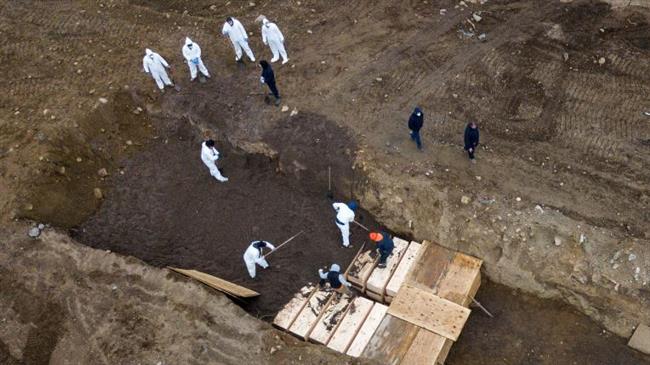
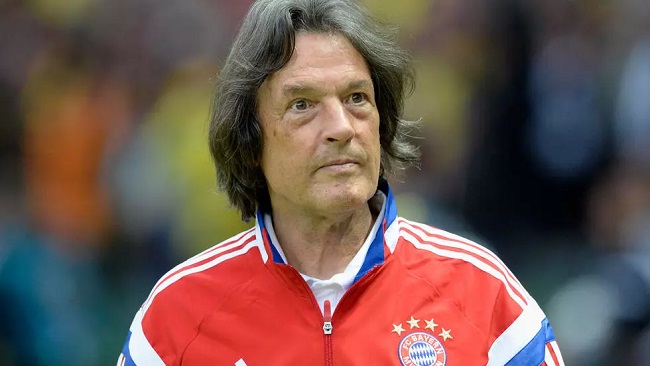

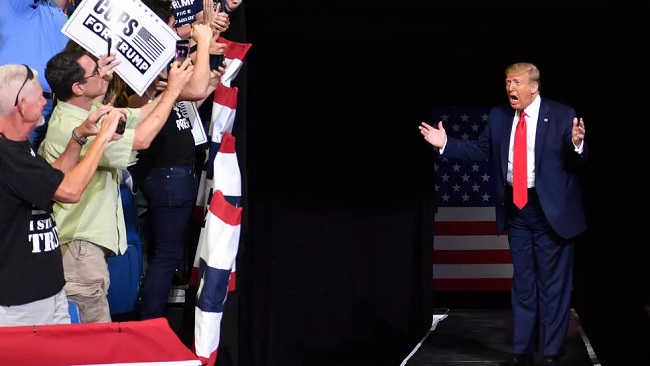

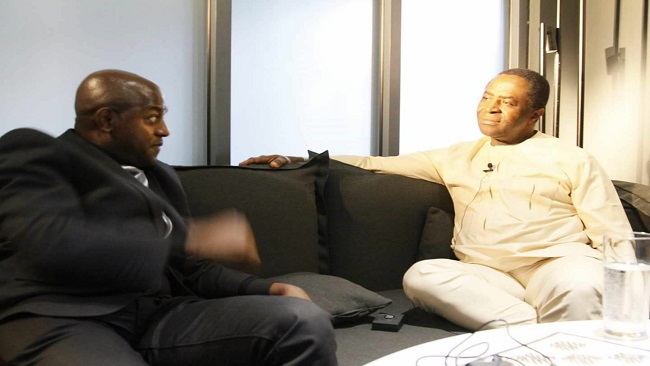
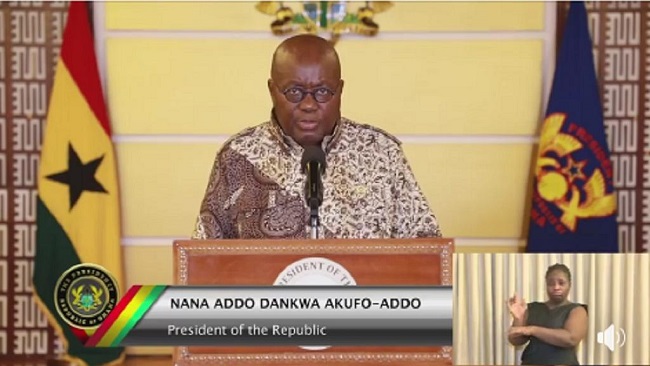
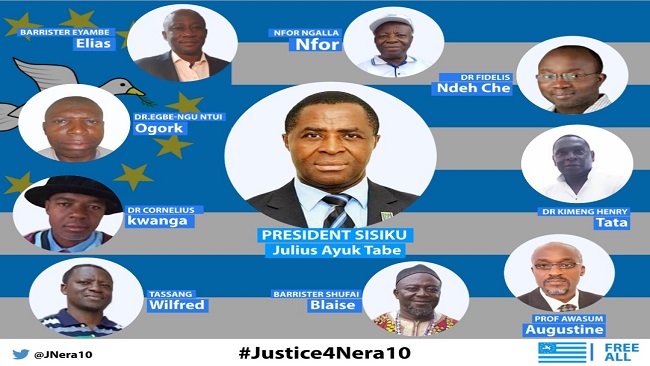












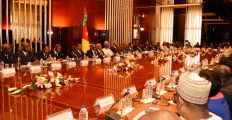




7, July 2020
La Liga: Barca wake from slumber to give glimmer of hope to Setien 0
“Barcelona haven’t thrown in the towel”, read the front page of Mundo Deportivo after a night that offered hope to the team and a lifeline for their coach Quique Setien.
Setien has been in charge for only three months of competitive football but looked likely to be out in the cold by next season, following Tuesday’s draw away at Atletico Madrid.
Three draws in four games, deteriorating performances and unrest in the dressing room were all stacking up against Barca’s new coach but the loudest alarm bell of all was rung by his captain.
Frustrated with the lack of direction at the club, Lionel Messi halted talks about extending his contract beyond 2021 and his current plan is now to leave, said Spanish radio station Cadena Ser.
Messi’s principal grievance is not with Setien but Barcelona’s board who, under president Josep Maria Bartomeu, have overseen a string of political blunders off the pitch and a period of decline on it.
With presidential elections to come next year, Messi’s hesitation may be aimed at undermining this regime to accelerate change, but Setien was undoubtedly caught in the crossfire.
Amid the chaos at Barcelona, he has increasingly looked like a bystander, “a passenger” according to Antoine Griezmann’s father, demonstrated all too literally by his lack of influence in team talks.
Messi ignored him and his number two Eder Sarabia during one water break and the contrast was unfortunate against Atletico, whose players huddled round, hanging on the every word of their coach Diego Simeone.
And yet the 4-1 victory over Villarreal on Sunday gave a glimpse of what this Barca could look like under Setien and what presumably the board were hoping for when they appointed him in January.
Free-flowing, dynamic, confident, it was the team’s best performance under Setien and perhaps their most complete all season.
Some complaints were answered too as Griezmann started, played well, scored a sensational chip and combined instinctively with Luis Suarez and Messi.
The passing was quicker and the chances more regular, a welcome improvement after a series of plodding displays in which possession too often came at the expense of end product.
And Setien was bold, dropping Messi back into a more central attacking position behind Griezmann and Suarez, who was then taken off after an hour with the result still not yet secure.
It was a morale-boosting win that will surely come too late for Barca’s title bid given Madrid’s four-point lead and a friendly looking run-in.
But it might renew some faith in Setien, from Bartomeu, who visited his house for discussions last week, and from Messi, whose approval is the one that really counts.
Removing Setien this summer would be another admission of failure for Barca, who would have to pay compensation they cannot afford and find a replacement for a job that might prove difficult to promote.
This is a squad that needs renovating at a time when funds are no longer readily available while the prospect of presidential change next year would offer a new coach little long-term security.
Xavi Hernandez is waiting in the wings, with his new Al-Saad contract reportedly containing a break clause that allows him to join his former club at any time.
Setien, for another season at least, would be the easier option then but a failing team will not help Bartomeu and it will not bring comfort to Messi either.
At 33, every year for him is precious.
Barcelona have four games left and then the Champions League next month, with the chance to resuscitate one of their most disappointing seasons in recent memory. Setien’s future depends on it.
Source: AFP